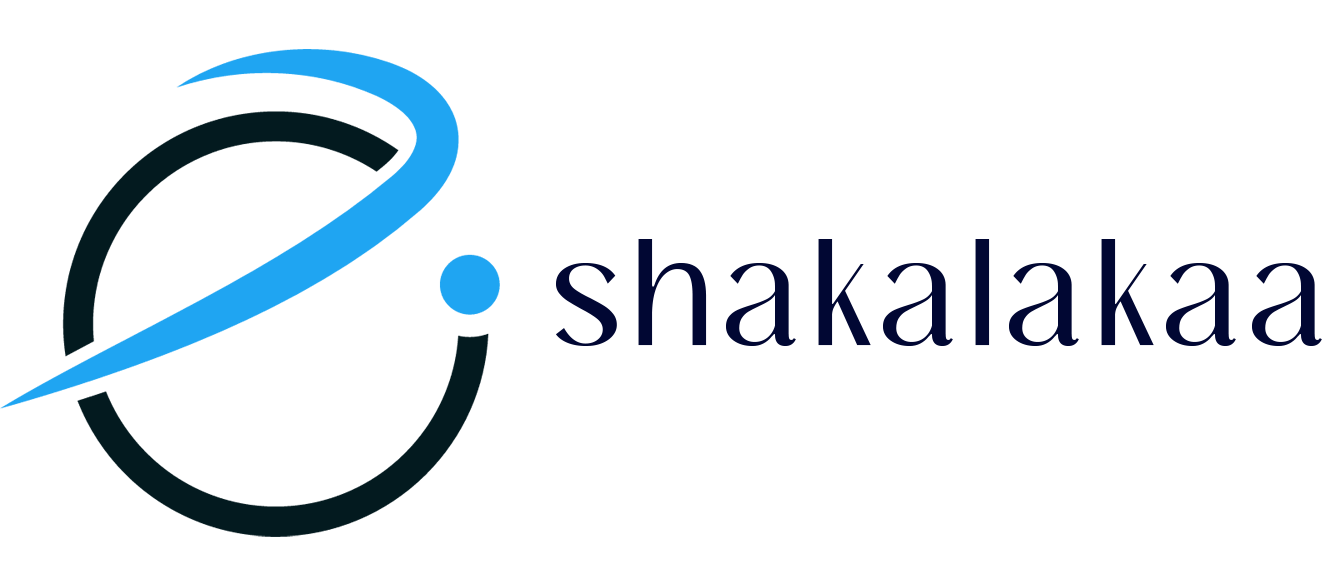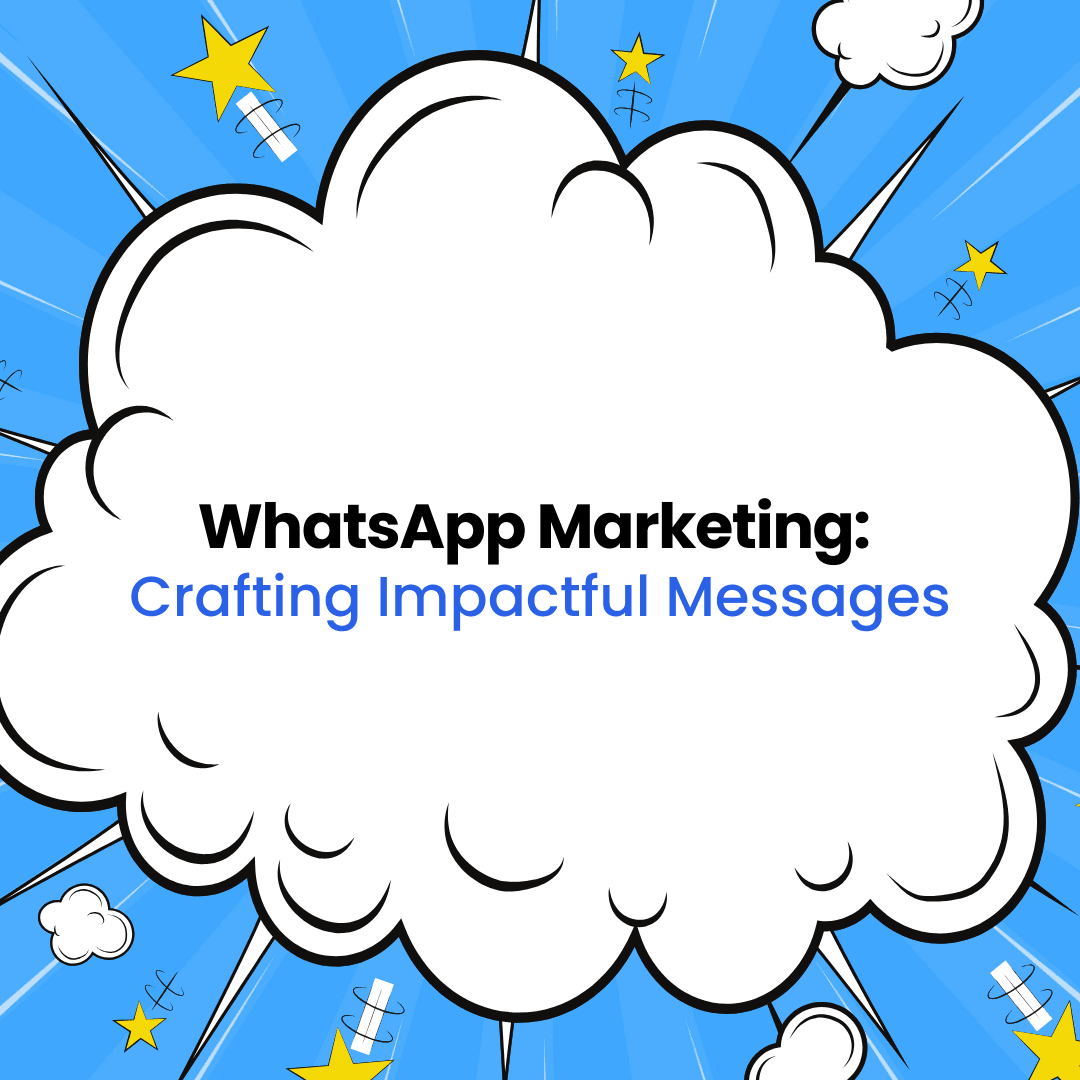In today’s fast-paced digital world, messaging apps have become essential tools for businesses aiming to connect with customers quickly and effectively. Among these, WhatsApp stands out due to its global reach, ease of use, and high engagement rates. Whether you’re new to WhatsApp marketing or looking to optimize your strategy, this guide covers everything you need to know to leverage WhatsApp for business.

1. Why Choose WhatsApp for Marketing?
With over 2 billion users worldwide, WhatsApp is one of the most widely used messaging platforms, making it an ideal tool for customer engagement. Here’s why businesses are increasingly adopting WhatsApp for their marketing strategies:
- High Engagement Rates: Messages on WhatsApp are read within minutes, boasting a 98% open rate.
- Direct and Personal: Unlike email, WhatsApp conversations feel personal, making it easier to build trust and foster customer loyalty.
- Cost-effective: Compared to other channels, WhatsApp marketing can be more affordable, especially for small businesses.
- Global Reach: WhatsApp’s presence across continents makes it a great choice for businesses with international audiences.
2. Setting Up WhatsApp Business Profile
To get started, set up a WhatsApp Business account, which includes features designed specifically for businesses. Here’s how to get it right:
- Profile Optimization: Complete your profile with your business name, description, website link, and contact information. This step builds credibility.
- Use Business Categories: Specify your business category to help customers understand what you do at a glance.
- Automated Messages: Set up automatic greeting and away messages to interact with customers around the clock.
- Catalogs: The catalog feature allows you to showcase products or services directly within the app, making it easier for customers to browse and inquire.
3. WhatsApp Marketing Strategies
There are several ways to incorporate WhatsApp into your marketing strategy, depending on your goals. Here are the most effective ones:
a) Broadcast Lists for Mass Messaging
Broadcast lists allow you to send one message to multiple contacts without creating a group. This feature is perfect for promotions, product launches, and announcements. It’s crucial, however, to segment your audience and personalize messages to increase engagement.
b) WhatsApp Groups for Community Building
Groups on WhatsApp enable brands to create a sense of community among customers. A well-moderated group can be a valuable space for sharing updates, getting feedback, and fostering loyalty.
c) Automated Customer Support
Using chatbots or integrating WhatsApp with your CRM, you can automate responses to common queries. This can be helpful for providing 24/7 support, managing FAQs, and streamlining customer support.
d) Engaging Content for Retention
Use WhatsApp to share valuable content that keeps customers engaged. For instance:
- Videos: Behind-the-scenes footage, tutorials, or product demos.
- Images: High-quality images of products, promotions, or events.
- Text Updates: News, tips, or important updates related to your industry.
4. Best Practices for WhatsApp Marketing
To get the best results, follow these WhatsApp marketing best practices:
- Get Consent: Always obtain customer consent before adding them to broadcast lists or groups.
- Respect Privacy: Avoid sending messages too frequently or outside of reasonable hours. Nobody likes spam!
- Be Responsive: Customers expect fast responses, so ensure someone is available to respond or automate initial interactions to meet expectations.
- Measure Performance: Use tools to track engagement and conversion rates to understand what works and where improvements are needed.
5. Leveraging WhatsApp Business API
For larger businesses or those with high customer volume, the WhatsApp Business API is a powerful tool that integrates with CRM systems and allows for automation and advanced marketing functionalities. It enables businesses to:
- Send customized notifications and updates.
- Streamline customer support with quick replies.
- Use templates for efficient communication (e.g., order confirmations, shipping updates).
The API requires approval from WhatsApp and is often used by medium to large businesses with dedicated customer support teams.
6. Measuring Success in WhatsApp Marketing
To know if your WhatsApp marketing efforts are paying off, track these metrics:
- Read Rate: The percentage of messages read by recipients.
- Engagement Rate: How often customers interact with your messages (e.g., replies, clicks).
- Conversion Rate: The percentage of WhatsApp interactions that lead to sales or desired actions.
- Customer Satisfaction: Use feedback or satisfaction surveys to gauge the impact of your WhatsApp interactions.
Final Thoughts
WhatsApp marketing can be a game-changer for businesses looking to connect directly with their customers in a fast and personal way. By building a strong strategy, maintaining customer trust, and providing value, WhatsApp can become a highly effective channel in your digital marketing toolkit.

